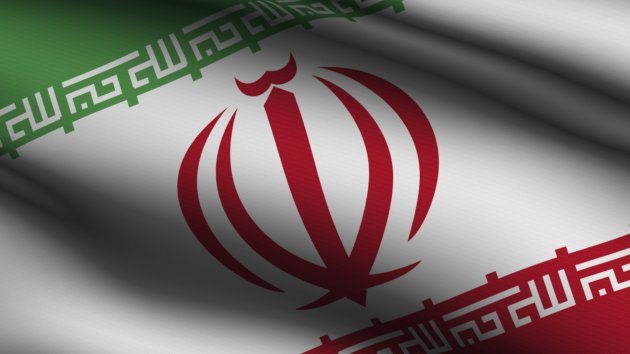Israel and Iran have come to view each other over the past decade as direct regional rivals, with Iran viewing Israel as being bent on undermining Iran’s revolutionary system and Israel viewing Iran as posing grave strategic and ideological challenges to the Jewish state. Such rivalry increases the risks for regional crises leading to military conflict. A RAND Corporation study explores the strategic, political, and ideological underpinnings of each country’s threat perceptions of the other and their implications for U.S. regional interests.
The study finds that the growing rivalry between them has intensified in recent years, particularly with the rise of “principlist” (fundamentalist) leaders in Iran and the prospect of a nuclear-armed Iran. Israeli leaders now view every regional threat through the prism of Iran, even while their strategic community is divided about how to address this challenge and, particularly, the utility of a military strike option.
Iran, which currently views Israel in more ideological and less pragmatic terms, may be emboldened to further challenge Israel if it has a nuclear weapons capability. Despite the current animosity, the study finds that the two countries have not always been rivals. Both before and after the 1979 Islamic revolution, shared geopolitical interests led to years of pragmatic policies and, at times, extensive cooperation.
Study authors recommend that the United States can help manage this rivalry by focusing on policies aimed at prevention and preparation. This means discouraging an Israeli military strike, while bolstering Israeli capabilities in preparation for a future where Iran has managed to acquire nuclear weapons. For Iran, this means dissuading the regime from weaponizing its nuclear program and, if that fails, making preparations to deter it from brandishing or using its weapons.
[Download not found]










